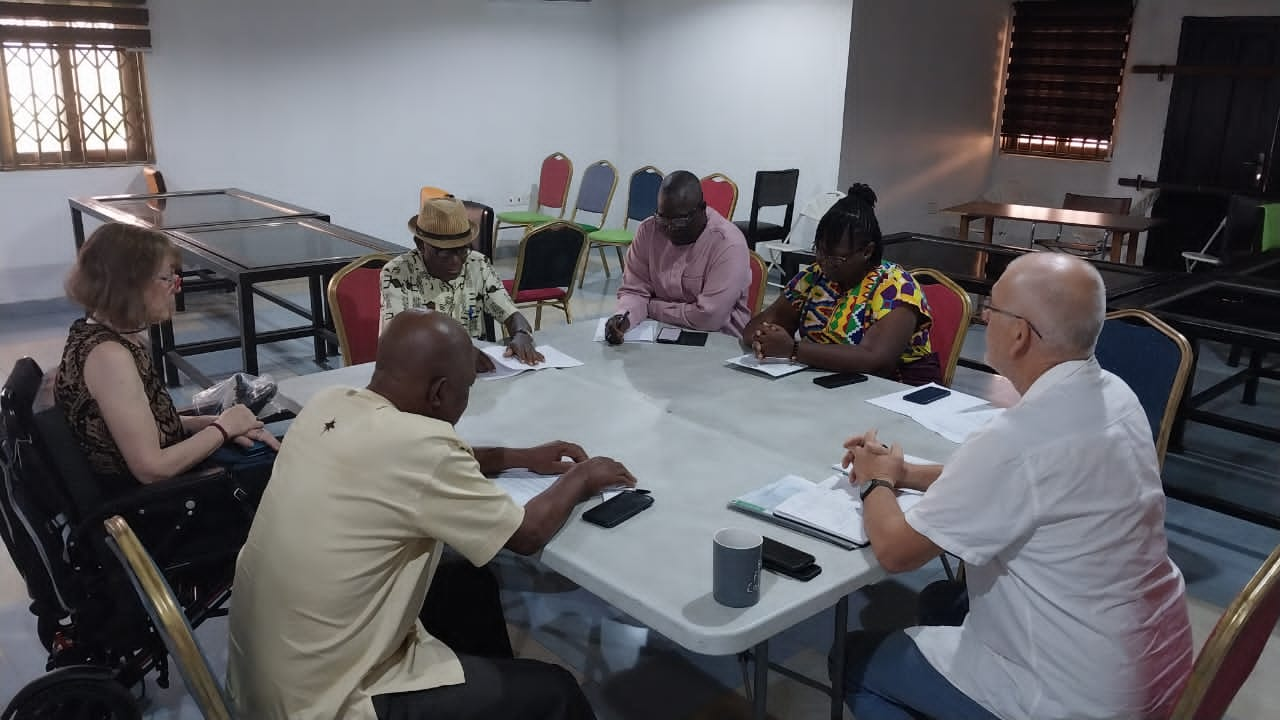Mission & Vision
To expand homeopathy in Ghana and abroad through education and clinical practice
To support the development of homeopathic medicine in Ghana through providing educational programmes, to support the development of clinical practice in Ghana, to help integrate the Ghanian homeopathic community and to link with the international homeopathic world. The following description describes the purpose of the charity and its main goals:
- Homeopathy Education and Practitioners Association (HEPA) is a registered charity, created to support homeopathic education and clinical practice. The aim is to support the continuing development of traditional homeopathic practice, based on the work of the founder of homeopathy, Samuel Hahnemann.
- The charity also seeks to connect with the existing homeopathic community in Ghana and with the global homeopathic community, through organizations such as Homeopathy in Africa (HIA), and the International Council for Homeopathy (ICH).
- It will also explore connections with other homeopathic communities in other African countries, looking to see how homeopathy can be integrated into the healthcare systems in different African countries.
- Education: it will seek to develop both introductory and advanced training programmes for the Ghanian people and to establish a recognized training programme with the Ghanian government.
- Continuing Education: It will work with existing practitioners of homeopathy in supporting continuing education programmes and offering clinical support programmes in partnership with the UK charity, Homeopathy in Africa.
- Integration: It will seek to explore the integration of homeopathy into the Ghanian healthcare system through the education of medical health professionals.
- Professional and Personal Development: It will seek to develop the homeopathic profession in Ghana through professional standards of practice and personal development.
- Research methodology: It will focus on the development of homeopathy as a scientific system of medicine, using research tools and defining the system of homeopathy as practiced by its founder, Samuel Hahnemann, using clearly defined principles of homeopathic practice.
- Pharmacy: It will seek to develop a professionally recognized homeopathic pharmacy in Ghana.
- Collaboration: It will seek to build bridges with other forms of traditional and alternative forms of healthcare in Ghana and will work with the Ghanian government in developing an integrated system of healthcare.
- Clinical practice: It will seek to expand the capacity of homeopathic clinical care throughout the country in both rural and urban areas through supporting the expansion of homeopathic clinics.

Our Principles
Also defined as the dynamic energy that animates the organism. It is unique in each and every individual. Homeopathy understands health and disease in view of this principle, considering and treating the person and not the disease per se. Case receiving and taking therefore become the most important part of homeopathic practice and education in order to understand how the person is expressing their unique disease.
This is an ancient law of cure – like cures like – known long before Hahnemann. Ghanaians teach us examples of this from traditional medicine e.g. the healer with a jar of snakes’ heads in alcohol used to treat farmers who have been bitten by a snake. Many herbs are traditionally used for their ‘similar’ properties. Individuality, expressed in so many ways, includes characteristic general symptoms, vital sensations, SRP, delusions and mental and emotional symptoms, causations, miasms etc. Every expression (sign or symptom) has its own modality, location, sensation etc. and together they form a portrait of the disease
As instructed in Hahnemann’s Organon #273/274 we advocate the use of only one remedy at one time. This should be the remedy similar to the evaluated totality, the disease expression of the patient. Clinical judgment is used to decide how large a characteristic totality this is, from the whole person in functional expression of disease to a single organ totality in some cases of pathology.
This is the law of least action – the decisive dose to affect change is the minimal dose. We follow the guidelines on remedy reaction. In general remedies are not repeated while they continue to act, and ‘watch and wait’ becomes the most effective strategy. It is important to relate this to patient expectations, so that patients alter their expectations from their previous experience of orthodox medicine. There are various methods of giving a homeopathic remedy, using tablet or water-based remedies and repetition very much depends on each case and the understanding of the patient.
When assessing the reaction to a remedy, Hering states that cure takes place from above downwards, from within outwards and from more to less important organs and systems. If this principle is understood, it is easy to resist the urge to prescribe for a skin eruption that has come about as the result of a remedy. Follow-up cases need to be evaluated with a view to the patient’s response to the previous prescription. Subsequent prescriptions need to be based on a sound understanding of this principle
These enable us to know the remedies’ sphere of action and their symptom pictures produced in healthy humans. In the future, we will endeavour to undertake Provings of Ghanaian plants used by traditional herbalists.
Code of Ethics and Practice
These codes are guidelines for all homeopaths practicing in Ghana.
Its purpose is to establish and maintain standards of practice of Homeopathy by encouraging integrity and responsibility in the practice of homeopathy.
It involves having regard for the needs of patients/clients seeking homeopathic treatment, the reputation and advancement of homeopathy and the development of understanding among homeopaths.
It is important for the health and growth of our profession that we honor our teachers, our history and our traditions. It is also important that we attend to our own health and well- being as well as our continued growth and professional development.

